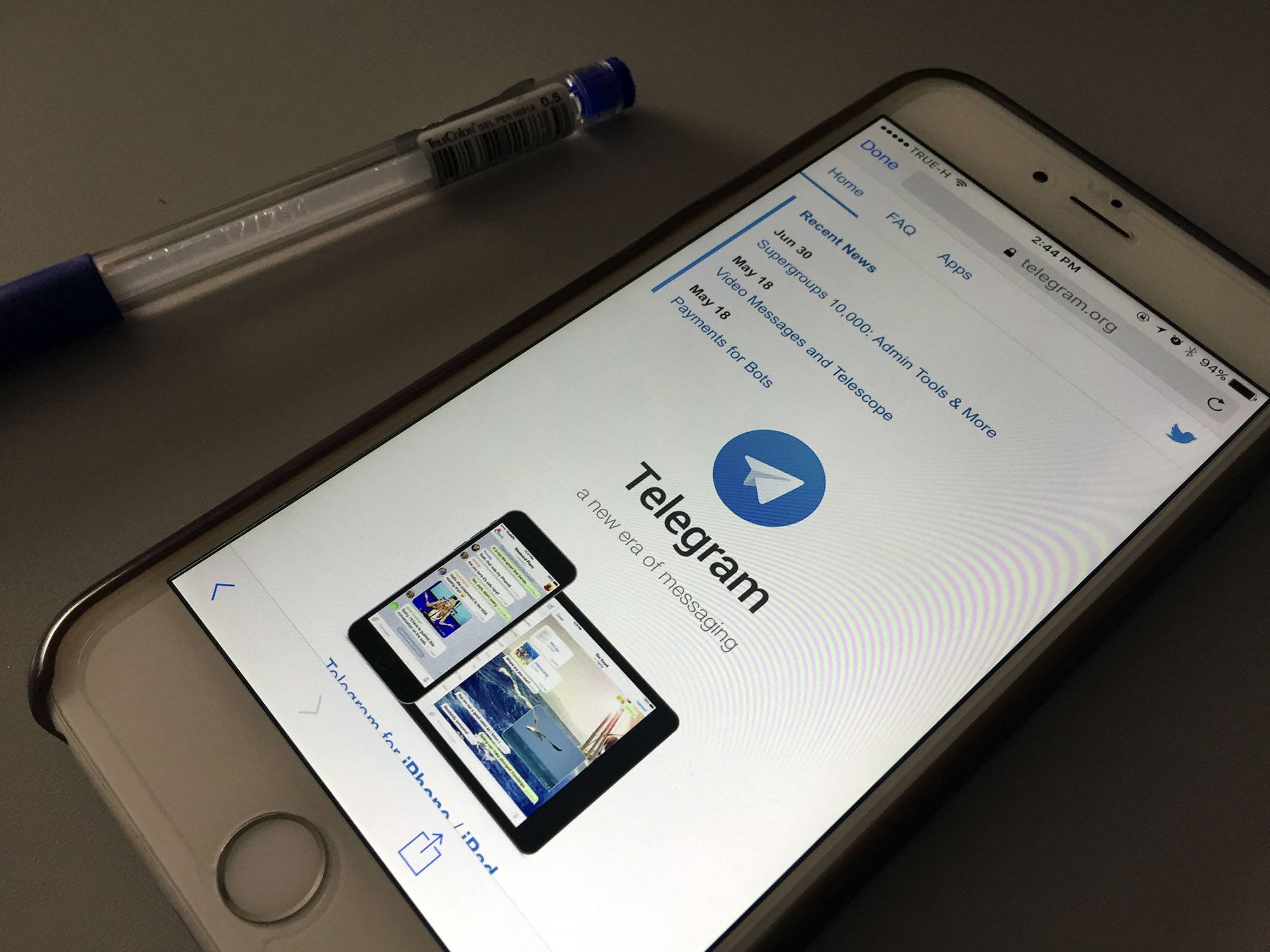Telegram might be forced to put its global cryptocurrency plans on ice

The US Securities and Exchange Commission (SEC) has just halted Telegram's massive—and massively hyped—$2 billion digital token sale.
Those halcyon days: In early 2018, exuberant investors poured billions of dollars into Telegram’s ambitious plan to launch a global cryptocurrency network. In return, they got rights to digital tokens that Telegram, a messaging app with 300 million monthly users, promised would be useful on its future network. That was slated to launch by October 31 of this year.
The news: That initial exuberance has turned to uncertainty. According to the SEC, Telegram Group and a subsidiary company called TON Issuer Inc. conducted an illegal sale of unregistered securities in the US. The defendants sold 2.9 billion digital tokens, called “Grams,” to 171 investors around the world, raising $1.7 billion. Since $425 million worth was sold in the US, the SEC, which is supposed to look out for US investors, was paying attention.
Since the planned network hasn’t yet launched, and the tokens can’t be used for anything yet, they are subject to the same kinds of strict regulations that govern stocks and bonds, says the SEC. That means they should have been registered with the agency, and Telegram should have provided investors with information about its business operations, financial condition, management, and risk factors. “We have repeatedly stated that issuers cannot avoid the federal securities laws just by labeling their product a cryptocurrency or a digital token,” Steven Peikin, co-director of the SEC’s division of enforcement, said in a statement.
What now? According to Bloomberg, the company is “evaluating ways to resolve the agency’s concerns,” and in fact been in talks with the SEC for 18 months. The company said it was “surprised and disappointed” by the lawsuit, and now it may delay the launch of its network.
The takeaway: The SEC is not done cleaning up the mess created by the initial coin offering boom of 2017 and early 2018. Its lawsuit against Telegram comes just two weeks after it settled with Block.One, which had raised $4 billion via its own token sale before launching the EOS blockchain network in 2018.
It’s not clear why Block.One, which had to pay a $24 million penalty, didn’t get as harsh a penalty as Telegram (though it could be that Block.One was more cooperative with the SEC). But the bottom line is what Peikin said: calling something a cryptocurrency doesn’t exempt it from existing laws.
Keep up with the fast-moving and sometimes baffling world of cryptocurrencies and blockchains with our weekly newsletter Chain Letter. Subscribe here. It’s free!
Keep Reading
Most Popular
Large language models can do jaw-dropping things. But nobody knows exactly why.
And that's a problem. Figuring it out is one of the biggest scientific puzzles of our time and a crucial step towards controlling more powerful future models.
The problem with plug-in hybrids? Their drivers.
Plug-in hybrids are often sold as a transition to EVs, but new data from Europe shows we’re still underestimating the emissions they produce.
Google DeepMind’s new generative model makes Super Mario–like games from scratch
Genie learns how to control games by watching hours and hours of video. It could help train next-gen robots too.
How scientists traced a mysterious covid case back to six toilets
When wastewater surveillance turns into a hunt for a single infected individual, the ethics get tricky.
Stay connected
Get the latest updates from
MIT Technology Review
Discover special offers, top stories, upcoming events, and more.